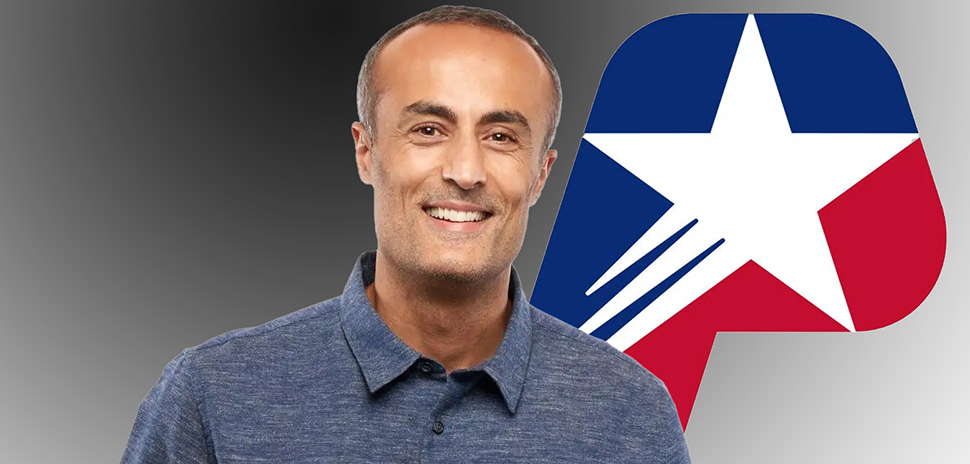Dallas-based ScholarShot has been awarded $187,500 through the W.W. Caruth Jr. Fund to produce its first Economic Mobility Report Card for Texas’ Public Universities, the Communities Foundation of Texas (CFT) announced. It’s one of 15 area organizations that were awarded a total of $6.3 million in grants from the Caruth fund last week.
ScholarShot was founded in 2009 to help first-generation students earn career-ready college degrees, and the organization will use the funding to create a prototype of a scorecard — an A-through-F Report Card for Texas’ 38 public universities — and get it into the hands of families and college-access providers.
Most students who start college don’t finish, and that’s especially true for low-income, first-generation students who have only an 11% chance of graduating, according to a blog post by Nadine Dechausay, CFT’s community philanthropy director. ScholarShot wants to bring attention to institutions that have invested in the support systems that improve those odds.
“By showing advisors which universities are investing in first-generation students and which are not, we expect to see better outcomes for tens of thousands of low-income students in Texas,” ScholarShot’s Executive Director Dan Hooper said in a statement. “Texas taxpayers invest $7,000 per student per year yet fewer than half earn degrees.”
In Texas, 9 out of 10 at-risk students enrolled in college drop out, according to statistics via ScholarShot. The organization is working to reverse that trend: More than 9 out of 10 of its scholars earn vocational, associate, or undergraduate degrees — and that can be life-changing, ScholarShot says.
The report card is Phase 2 of ScholarShot’s mission to bring public visibility to how well our state universities engage—or not—our first-generation, low-income students. The organization plans to publish its first report card in October 2019.
The report card will be “modeled after similar programs such as Chicago’s “To&Through Project” in which low-income students improved outcomes fourfold just by attending universities who engaged them to succeed and avoiding those schools which don’t,” Scholarshot said in a release.
Evidence shows that it’s critical to bring public awareness to improve outcomes when first-generation students make up 6 out of 10 college enrollers, according to ScholarShot. “Our failure to get low-income students to a sustainable career equates to 1/8th of our state’s GDP and curtails our capacity for growth,” Hooper said.
As part of the process, ScholarShot is tapping into the power of human-centered design by leveraging pro bono work from Bain Consulting Inspire Team and the Alumni Consulting Team of Stanford Business School to refine its content and presentation. That’s something CFT valued: “We are being more explicit than ever about organizing our grantmaking along the stages of the human-centered design process from discovery through prototyping, implementation, and evaluation to scale up. We plan to maintain a strong focus on datatracking and storytelling throughout,” Nadine Dechausay, the director of community philanthropy who oversees the grantmaking strategy says.
David Scullin, CFT’s president and CEO, says the Communities Foundation wanted to support ScholarShot’s much-expanded effort as part of their work to connect the dots between “visionary donors and extraordinary work in the community.”
That kind of grantmaking is intentional, says Sarah Cotton Nelson, CFT’s chief of philanthropy. “Our north star at CFT is building a thriving community for all. We want to be looking at the community’s challenges holistically and working across sectors to solve them.”
W.W. Caruth, Jr. established his fund in 1974 as part of the Communities Foundation of Texas. The philanthropic goal is to support “frontier-advancing projects in education, scientific research, medical advancement and public safety,” according to CFT. And, as it does for the Caruth family, the foundation also manages more than 1,000 charitable funds and has awarded more than $1.8 billion in grants since Communities Foundation of Texas was founded in 1953. ![]()
Get on the list.
Dallas Innovates, every day.
Sign up to keep your eye on what’s new and next in Dallas-Fort Worth, every day.






































































